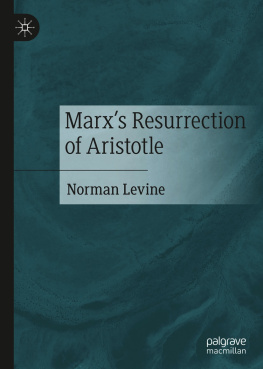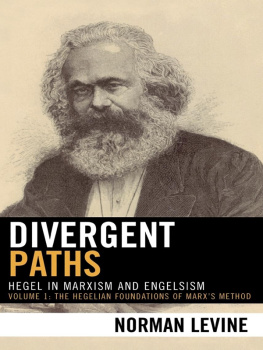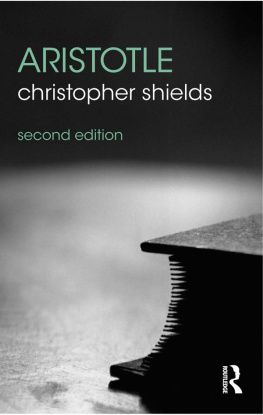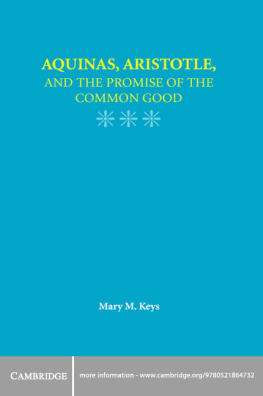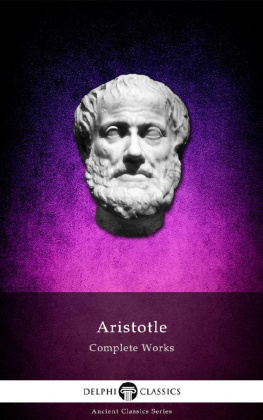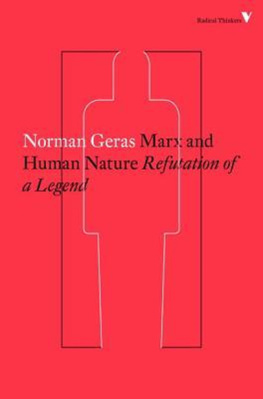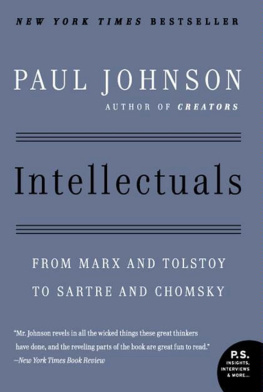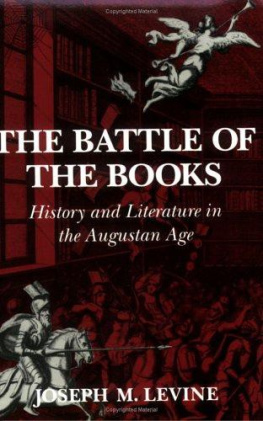Norman Levine - Marx’s Resurrection of Aristotle
Here you can read online Norman Levine - Marx’s Resurrection of Aristotle full text of the book (entire story) in english for free. Download pdf and epub, get meaning, cover and reviews about this ebook. publisher: Springer International Publishing, genre: Religion. Description of the work, (preface) as well as reviews are available. Best literature library LitArk.com created for fans of good reading and offers a wide selection of genres:
Romance novel
Science fiction
Adventure
Detective
Science
History
Home and family
Prose
Art
Politics
Computer
Non-fiction
Religion
Business
Children
Humor
Choose a favorite category and find really read worthwhile books. Enjoy immersion in the world of imagination, feel the emotions of the characters or learn something new for yourself, make an fascinating discovery.
- Book:Marx’s Resurrection of Aristotle
- Author:
- Publisher:Springer International Publishing
- Genre:
- Rating:4 / 5
- Favourites:Add to favourites
- Your mark:
- 80
- 1
- 2
- 3
- 4
- 5
Marx’s Resurrection of Aristotle: summary, description and annotation
We offer to read an annotation, description, summary or preface (depends on what the author of the book "Marx’s Resurrection of Aristotle" wrote himself). If you haven't found the necessary information about the book — write in the comments, we will try to find it.
Marx’s Resurrection of Aristotle — read online for free the complete book (whole text) full work
Below is the text of the book, divided by pages. System saving the place of the last page read, allows you to conveniently read the book "Marx’s Resurrection of Aristotle" online for free, without having to search again every time where you left off. Put a bookmark, and you can go to the page where you finished reading at any time.
Font size:
Interval:
Bookmark:
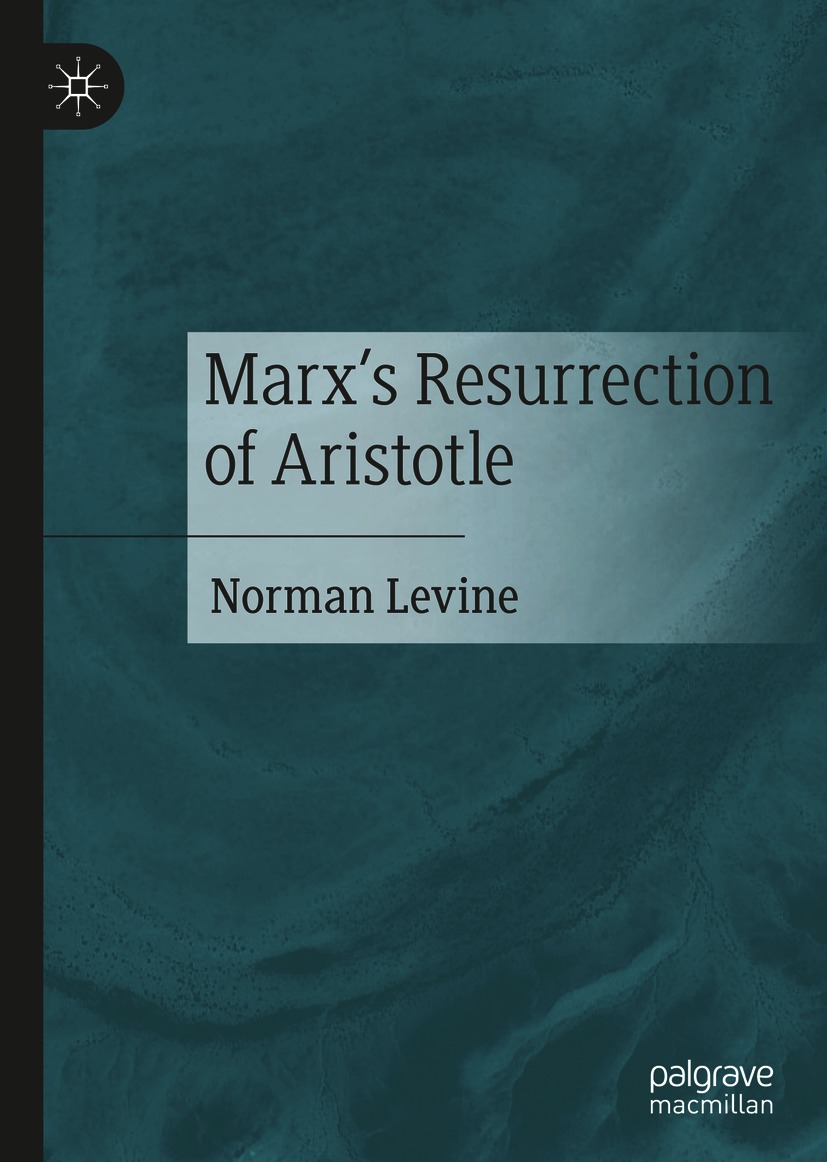

This Palgrave Macmillan imprint is published by the registered company Springer Nature Switzerland AG.
The registered company address is: Gewerbestrasse 11, 6330 Cham, Switzerland
As a means of clarifying later portions of this book, it is necessary to introduce three clarifications. These clarifications fall under three categories: Methodological and Linguistic; Revisions; The Enlightenment Left.
Marxs The Economic-Philosophic Manuscripts of 1844 no longer exists as a single text. The research of Jrgen Rojahn documents that The Economic-Philosophic Manuscripts of 1844 was a construction of the Soviet scholar David Ryazanov. The first publication of The Economic-Philosophic Manuscripts of 1844 appeared in the 1932 Marx-Engels Gesamtausgabe (MEGA I and MEGA II). But these manuscripts did not form a complete text, but were rather a compilation of disparate drafts written by Marx in 1844 and compiled into a single text by Ryazanov. Therefore, in the remainder of Marxs Resurrection of Aristotle I will not employ the term The Economic-Philosophic Manuscripts of 1844 but rather use the term The Manuscripts as a means of illuminating their fragmented nature. However, one essay in The Manuscripts , Critique of the Hegelian Dialectic and Philosophy as a Whole , is a totality in itself and will be referred to in later portions of Marxs Resurrection of Aristotle.
Similarly, The German Ideology was initially published in 1932 in MEGA I and was edited by V.V. Adovatskii. However, recent research by Tervel Carver and Inge Taubert/ Hans Pelgar
Chapter .
However, at this point I want to acquaint the reader with the linguistic distinctions that will appear in Marxs Resurrection of Aristotle. I inform the reader about these linguistic distinctions as a form of preparation so when the reader confronts these terms they will be forewarned about their individual meanings.
The term pneumatology of labor will only be used in reference to Marxs theory of production. A synonym for the pneumatology of labor is the phrase the phenomenology of labor. These phrases are used to particularize Marxs theory of production, to isolate its uniqueness.
The history of the theory of production is divided into two parts: economics and the organic mode of production . The term economics will be used to explain the seventeenth- and eighteenth-century theories of production. Thomas Malthus , David Ricardo , and Adam Smith were examples of seventeenth- and eighteenth-century economists, and within this text economics will be used as synonyms for seventeenth- and eighteenth-century Political Economy. Economics was the study of the theory of production derived from natural law, mechanistic materialism , or the Enlightenment Center. Contrary to economics was the theory of production deriving from Aristotle , which is called the organic form of production. In Athenian Greece, the household was the center of production and agriculture was the basis of the household. In the household mode of production , the subject and object enjoyed a reciprocal relationship. The subject, the laborer, had unhindered access to the object, nature, a reciprocal relationship existed between subject and object, or production was carried on for use and not for exchange .
Aristotle and Marx were representative of the organic mode of production and it was from this perspective that Marx wrote his critique of seventeenth- and eighteenth-century Political Economy.
The year 2016 witnessed the publication of my book, Marxs Rebellion Against Lenin. of my new book, Marxs Resurrection of Aristotle, puts forth a more detailed study of Marxs dissertation. In the years separating the publication of Marxs Rebellion Against Lenin and the appearance of Marxs Resurrection of Aristotle alterations evolved in my assessment of Marxs dissertation. I take this moment to outline these revisions. A description of these modifications will equip the reader to better understand the redrafting and reconstruction of Marxs Rebellion Against Lenin and Marxs Resurrection of Aristotle.
Marxs definitive enrollment into Left Hegelianism takes place in 1842 and his journalism, The Leading Article in No. 179 of the Klnische Zeitung is the clearest documentation of this conversion and allegiance.
This statement amounts to a revision of the interpretation put forth in my previous book Marxs Rebellion Against Lenin. In that book I stated: The 1841 Dissertation confirms Marxs conversion to the Left Wing form of Hegelianism. I take this opportunity to revoke that assertion.
Left Hegeliansim, as previously stated, was basically a combination of two philosophic tendencies: subjective consciousness and critique. Subjective consciousness was an expression of the principle that self-consciousness was the ground of truth. The ultimate criteria for the establishment of truth was the commitment, the affirmation of the subjective consciousness of a subject. Secondly, this autonomy of consciousness must be joined by critique, the turning of subjective consciousness against a reality of the external. Critique was the negative weapon in the hands of subjective consciousness to uncover and reveal the flaws of reality. Left Hegelianism only existed when critique became the major function of consciousness.
The union of critique, Bruno Bauer , and subjective consciousness, Hegel , is only fashioned by Marx in The Leading Article in No. 179 of the Klnische Zeitung . The union of the ideas of Bauer and Hegel was only initially demonstrated in the 1842 article in the Klnische Zeitung. Only then does Marx fully recreate philosophy as an unbounded negativity against the external world.
Font size:
Interval:
Bookmark:
Similar books «Marx’s Resurrection of Aristotle»
Look at similar books to Marx’s Resurrection of Aristotle. We have selected literature similar in name and meaning in the hope of providing readers with more options to find new, interesting, not yet read works.
Discussion, reviews of the book Marx’s Resurrection of Aristotle and just readers' own opinions. Leave your comments, write what you think about the work, its meaning or the main characters. Specify what exactly you liked and what you didn't like, and why you think so.

